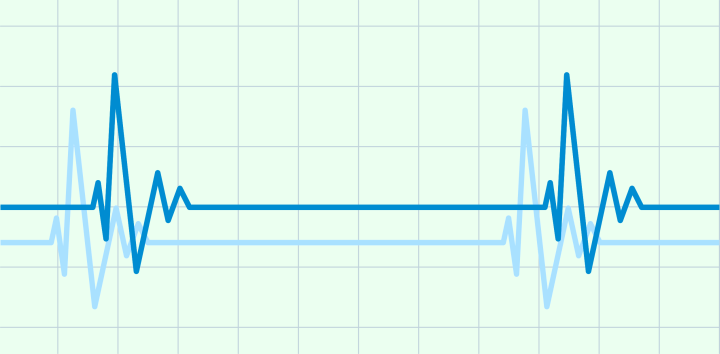To provide services at the highest level, we use cookies. Using the website requires you to choose settings related to their storage on your device. If you want to know what each type of cookie is used for, click the Details button below.
Norepinephrine – meaning, action, deficiency, excess30 grudnia 2022 |

Noradrenaline is responsible for increasing attention and strengthening alertness when the nervous system is in a state of arousal. In addition, noadrenaline increases blood pressure, relaxes the bronchi and reduces intestinal peristalsis.
The primary effect of deficiency or low levels of norepinephrine is tachycardia. In addition, norepinephrine deficiency can lead to hypotension and chronic fatigue. Low levels of norepinephrine also cause difficulties with weight loss, but above all serious mood and sleep disorders.
The primary effect of excess or high levels of norepinephrine is bradycardia. In addition, high levels of noradrenaline can cause hypertension, dizziness and visual disturbances. It also causes unjustified anxiety. Often people with too much norepinephrine will experience physical and mental exhaustion. In addition, noradrenaline contributes to anxiety disorders and mood disorders, as well as difficulty falling asleep and staying asleep.
The secretion of noradrenaline can be increased by increasing physical exercise and supplementing with vitamin C and B vitamins, especially B2, B6 and B12. In addition, the secretion of adrenaline is stimulated with drugs.
You can reduce the secretion of noradrenaline by leading a quiet lifestyle poor in foods containing tyrosine. In addition, avoiding caffeine helps to reduce the level of norepinephrine in the blood.